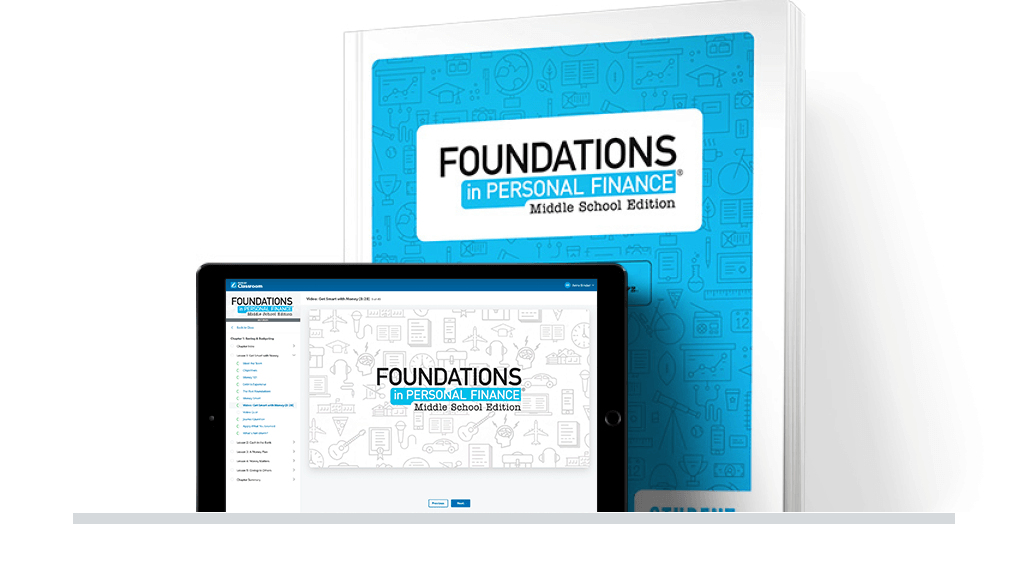

No Longer Available
Unfortunately, the middle school curriculum has been discontinued as of January 1, 2023. If you're interested in the high school edition, check it out here.


Unfortunately, the middle school curriculum has been discontinued as of January 1, 2023. If you're interested in the high school edition, check it out here.